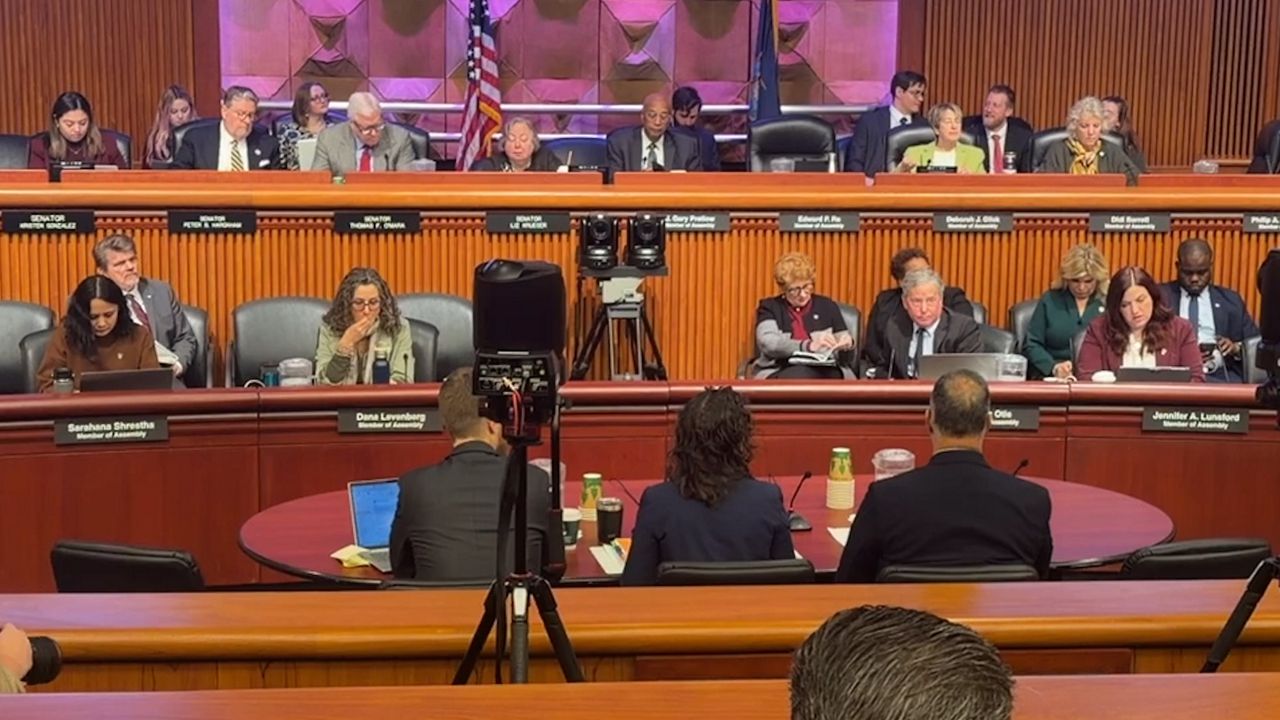URGENT UPDATE: The sentence for Sandy Nicole Deleon, a Lake Charles woman convicted of vehicular homicide, has been vacated for the second time as of October 27, 2025. This significant legal development raises questions about accountability in fatal traffic incidents.
Deleon pleaded guilty after a tragic crash on March 17, 2019, on Interstate 10 westbound, which resulted in the death of her unrestrained passenger, Ricky Broussard. According to Louisiana State Police, Deleon was driving a Dodge Charger that rear-ended a Ford pickup truck, propelling Broussard from the vehicle. Upon arrival, officers noted Deleon’s slurred speech and the smell of alcohol. She admitted to having consumed at least six shots, with a blood alcohol content of .192.
Initially sentenced on February 7, 2022, to 30 years in the Department of Corrections (with 15 years suspended), Deleon faced strict conditions upon her release, including probation and community service. Her community service requirement was set to 480 hours, primarily focused on educating high school and college students about the dangers of impaired driving.
Deleon challenged her sentence, arguing the trial court failed to provide clear directions on fulfilling her community service obligations. The 3rd Circuit Court of Appeal agreed, vacating her sentence and returning the case to the trial court. The court highlighted that the original ruling lacked specifics on the distribution of community service hours.
Upon resentencing, Deleon received a modified sentence: a reduced community service requirement of 300 hours over three years, with at least 40 hours dedicated to DWI prevention. However, the $500 fee to the Public Defender’s Office was eliminated.
Deleon appealed again, asserting the sentence was excessive and that the court did not adequately consider her military service or her expression of remorse. Additionally, she contested the imposition of electronic monitoring as a condition of her probation. The 3rd Circuit Court of Appeal ruled in Deleon’s favor regarding the electronic monitoring, stating that while such a condition is permissible, it must be clearly specified by the court and not left to the discretion of probation officers.
The court’s ruling necessitates further resentencing, leaving the path forward for Deleon uncertain yet again. This developing story underscores the complexities of legal proceedings in serious criminal cases and the ongoing impact on the victims’ families and communities.
As this situation unfolds, it raises crucial discussions about justice, accountability, and the consequences of impaired driving. Stay tuned for more updates as we continue to follow this case closely.







